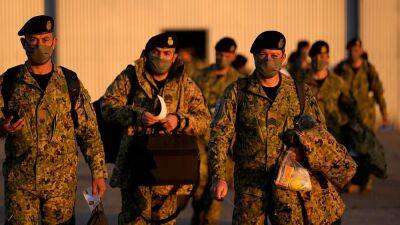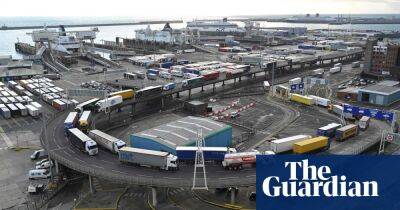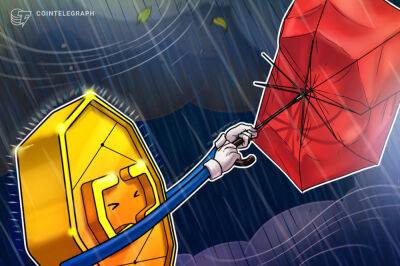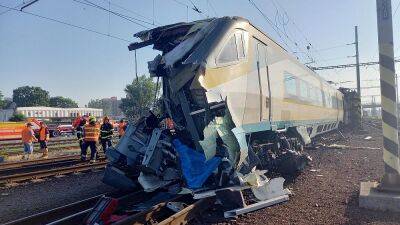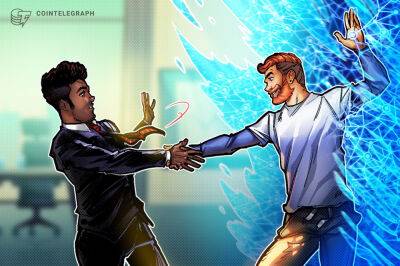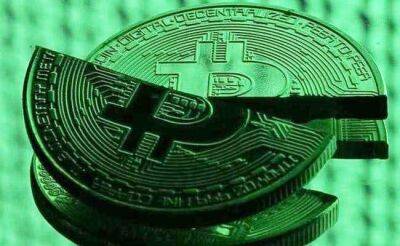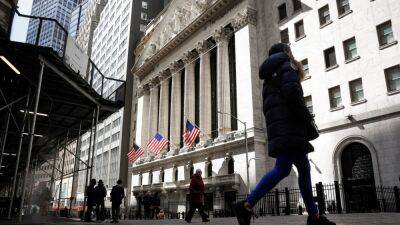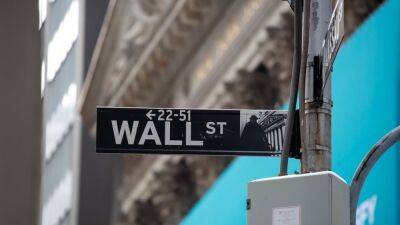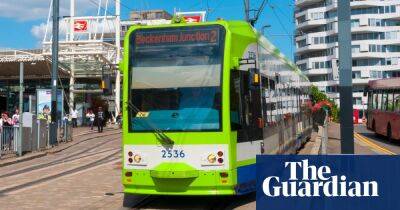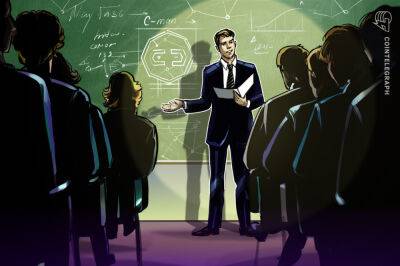As employers call workers back to the office, some AAPI women are on edge
Sometime after Deloitte consultant Michelle Go was shoved to her death underneath a moving R train in January, another New York City resident swore off taking the subway.
Instead of taking the No. 6 train to her desk at Dime Bank in midtown Manhattan, the woman, an Asian American manager in her late 30s, walks to work. The fear she can't quite shake, she said, is that she will be alone on a platform with an unhinged person, and she will suffer the same fate as 40-year-old Go.
«You don't feel like the city cares or is willing to do anything about it,» said the woman, who requested anonymity to speak candidly. «You don't feel safe. I don't want to be the next headline, so I walk.»
One of the many things lost since the coronavirus pandemic began more than two years ago is a sense of safety in public spaces. Asian Americans have felt that loss more acutely because of a surge in bias incidents. There have been 10,905 instances reported by Asian American and Pacific Islanders from the start of the pandemic through the end of 2021, according to advocacy group Stop AAPI Hate.
Women account for 62% of reported incidents, according to Stop AAPI Hate, which was created in early 2020 to document the surge in Covid-related harassment and violence.
As employers — especially those in financial services, consulting and law — attempt once again to summon workers back to offices this year, a sense of dread is common among AAPI women, according to Jo-Ann Yoo, executive director of the Asian American Federation.
«As the city started to open up, I've had so many conversations: 'I'm expected to be at work, and I'm scared. I'm scared to ride the subway,' » Yoo said.
The onset of the coronavirus in 2020 brought a surge of seemingly random
Read more on cnbc.com



